
(2016 - 2018)
|
The project CLICS - Continuous Learning in International Collaborative developed international training and further training courses that were accessible to a large number of participants and were intended to make a contribution to lifelong learning. The ZML was mainly concerned with the production of three international MOOCs on the topics "Automated Speech Recognition", "Machine Translation" and "Robotics". |
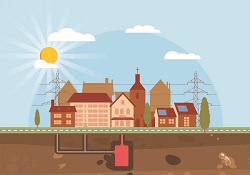
(2017 - 2019)
|
In the SmILES project, electrical and thermal energy networks are simulated in order to optimize the intelligent integration of energy storage systems into local multi-energy systems. The aim is to contribute to a higher share of renewable energies in the European energy mix in the long term. The ZML participated in the SmILES project, especially in the field of communication and publications. Among other things, two webinars were created, which were developed and carried out as target group oriented communication measures. |
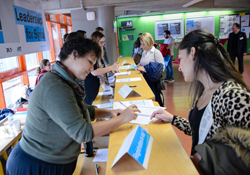
(2016)
|
The DAAD programme Leadership for Syria (LfS) was
|
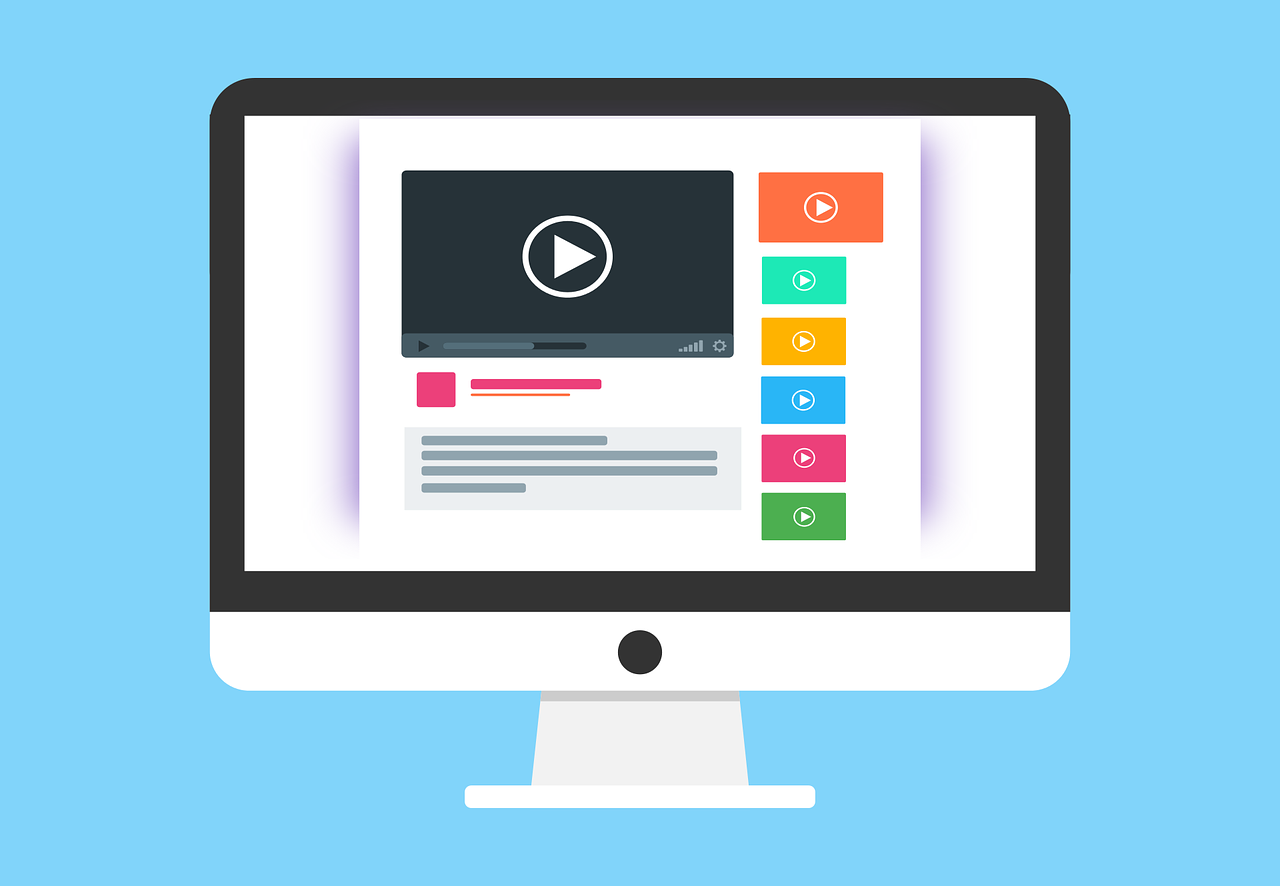
|
On behalf of the Faculty of Mechanical Engineering, the Center for Media Learning converted the lecture "Working Techniques in Mechanical Engineering" into a video-based online format. The concept, based on 38 short video tutorials, covered topics developed by experts in the field, such as literature research, scientific writing, scientific presentations, time and self management and working in a team. The learning units were supplemented by additional in-depth materials and control questions to check one's own learning progress. Each of the online modules ended with an online test, which was a prerequisite for participation in the workshop dates belonging to the event. |
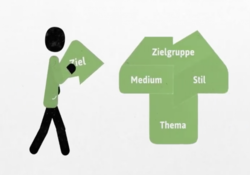
(10/2015 - 10/2016)
|
Together with the National Institute for Science Communication (NaWik), the ZML developed the e-learning course "Science. Understandable. Writing" for students in the advanced bachelor's or master's phase at the Karlsruhe Institute of Technology (KIT). In this course, the young scientists learn to communicate their research in an exciting, concise and yet factually correct and at the same time understandable for non-experts from the general public. Since 2016, the course accompanying the semester has been a fixed and popular and successful component of the HoC course offering. It convinces with a sophisticated didactic concept with user-friendly design, focussing animations, informative instructional videos and varied exercises, which was coined by both institutions. |
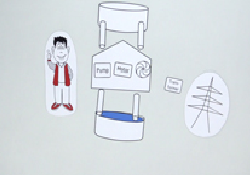
(10/2012 - 12/2015)
|
Discovering, discussing and exchanging ideas about energy on a European scale - these were the opportunities offered by the online magazine Explore House. Current articles, interviews and podcasts formed an interface to the KIC InnoEnergy and conveyed interesting facts about education, innovation and science. This knowledge and communication portal specifically addressed students, teachers, entrepreneurs, scientists and the interested public in general and linked these actors with each other. In this way, the Explore House enabled a multifaceted dialogue between experts and laypeople. To the follow-up report |
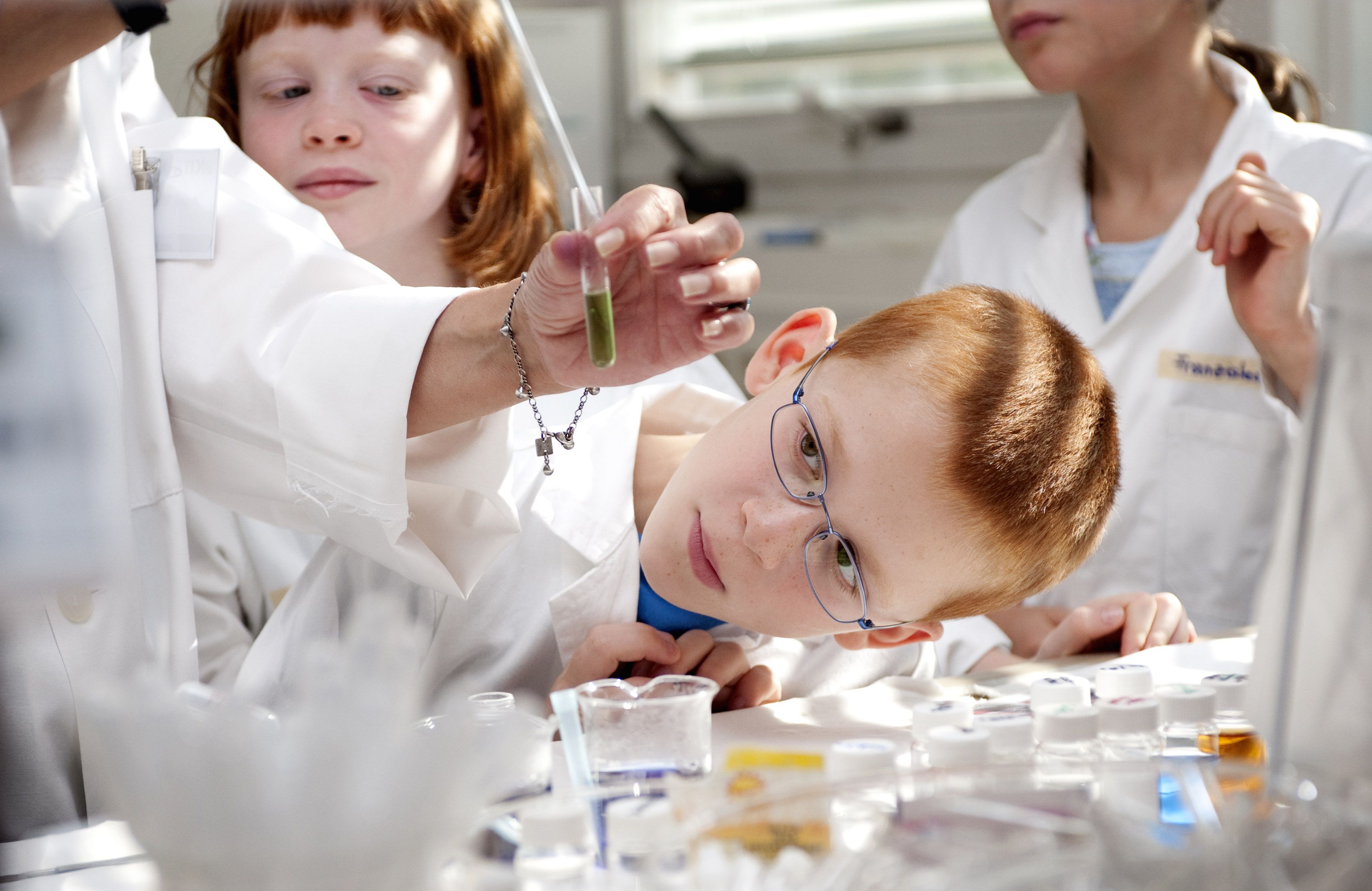
(2011 - 2015)
|
In cooperation with the state seminars for didactics and teacher training (secondary schools), the ZML carried out further training on the topic of "scientific work" on behalf of the Ministry of Culture, Youth and Sports Baden-Württemberg. The offer in the form of an internet-supported contact study was addressed to teachers of secondary level I and dealt with the topics "Spaceship Earth", "Materials", "Information" and "Energy". The background to this was, among other things, the merger of the subjects biology, physics and chemistry to form the subject network "Natural Scientific Work (NWA)". The participants in the continuing education programme expanded their scientific background and developed corresponding teaching concepts. In addition, the training offered the participants the opportunity to establish networks across school types in order to exchange teaching experiences and materials. To the detailed follow-up report of the teacher training NWA |
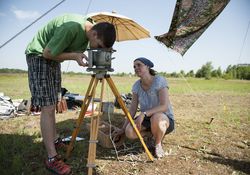
(2016 - 2018)
|
The ZML was involved in the project "iBRIDGE", which was intended to facilitate the entry into the master's course for prospective geophysicists: In the developed, online-based bridge course, students can individually assemble learning modules including videos and online exercises. In addition, a digital teaching material pool was set up for the study courses in geophysics in Germany.
|
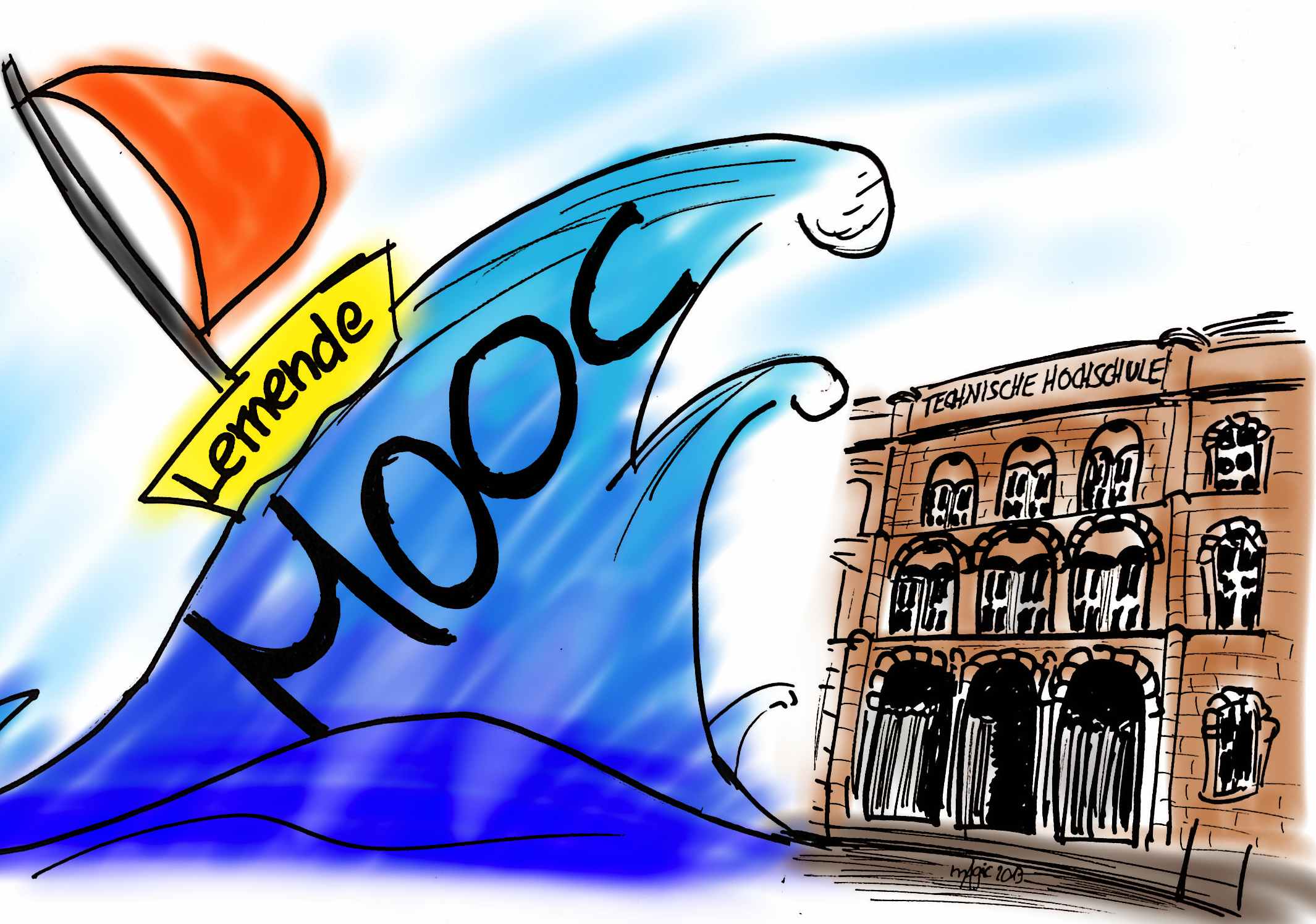
(2015 - 2018)
|
MOOCs combine parts of knowledge transfer and interactive elements to promote skills. Included are, for example, video units and quizzes/tasks, as well as forums for discussion and mutual exchange. Depending on the platform, further inputs can be integrated in a targeted manner, for example through live chats or video conferences with experts. |
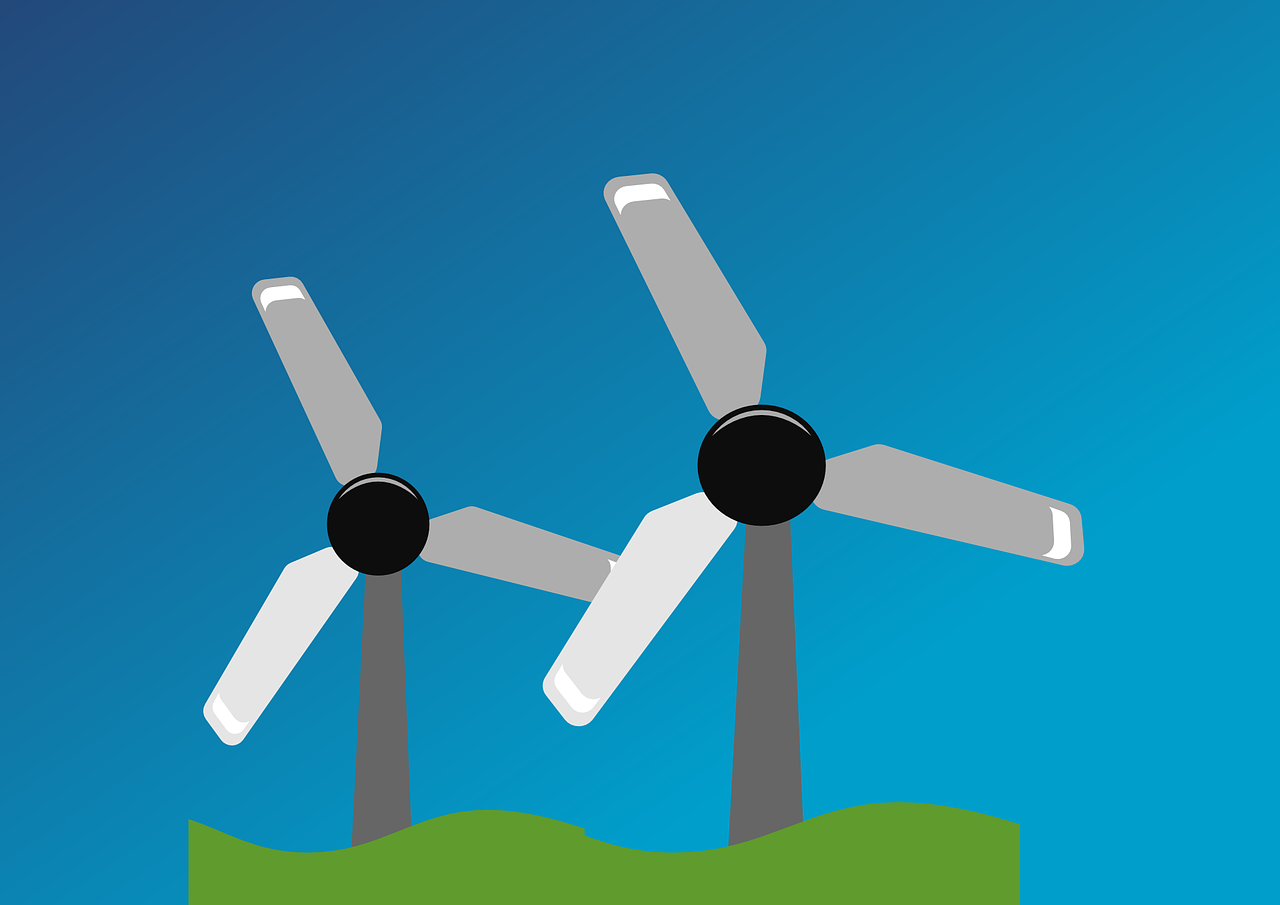
(01/2011 - 11/2016)
|
Starting in 2011, the Center for Media Learning at KIT developed online-based and in-service scientific training courses on energy topics for specialists and executives. The flexible contact studies were offered in both German and English on the following topics: Renewable Energies, Energy English, Electrical Power Transmission, Technology Assessment and Energy Turnaround, Energy Economy, Renewable Energies, and Energy Economics. Their blended learning concept, which combined the advantages of online learning with two to three-day attendance phases in Karlsruhe, was fundamental for the offers and always made it possible to include up-to-date content with a high practical relevance in the contact studies. The participants learned about the latest findings from science for professional practice and were also able to make contacts within Europe-wide networks during their further education. After successful completion of the six-month courses, the participants received a certificate (Certificate of Advanced Studies or Diploma of Advanced Studies when completing several courses). The scientific training courses were supported by the Knowledge Innovation Community InnoEnergy, a pan-European company for innovation, entrepreneurship and education in the field of renewable energies initiated by the European Union. |
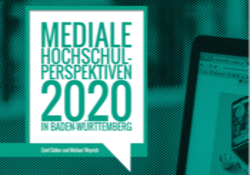
(2015)
|
Numerous Internet-based learning applications and environments have been developed in recent years and are now finding their way into academic education. Against this background, the study "Mediale Hochschulperspektiven 2020 in Baden-Württemberg" was conducted. It contributes to the adequate design of media-based university teaching in Baden-Württemberg. As case studies, the University of Stuttgart and the Karlsruhe Institute of Technology examined relevant topics of media teaching and learning in the field of academic education. The aim of the study was not only to present the current situation but also to describe future developments as a possible basis for strategic developments at university and state level. To the follow-up report |
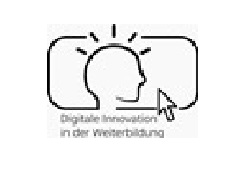
(01-08/2015)
|
Training series on the sustainable introduction of digital media in further education There are many ways to shape lifelong learning with digital media. The continuing education series "Digital Innovation in Continuing Education" supported skilled personnel and teachers at educational institutions in Baden-Württemberg in using digital innovation for their own benefit. Workshops dealt with the topics of video production and use, use of social media and the creation of e-books in further education and adult education. The programme was run by the MFG Innovation Agency for Media and Creative Industries and the Centre for Media Learning and was part of the Alliance for Lifelong Learning. It was the follow-up project to the coaching programme Education Management 2.0, which was successfully completed in November 2013. |
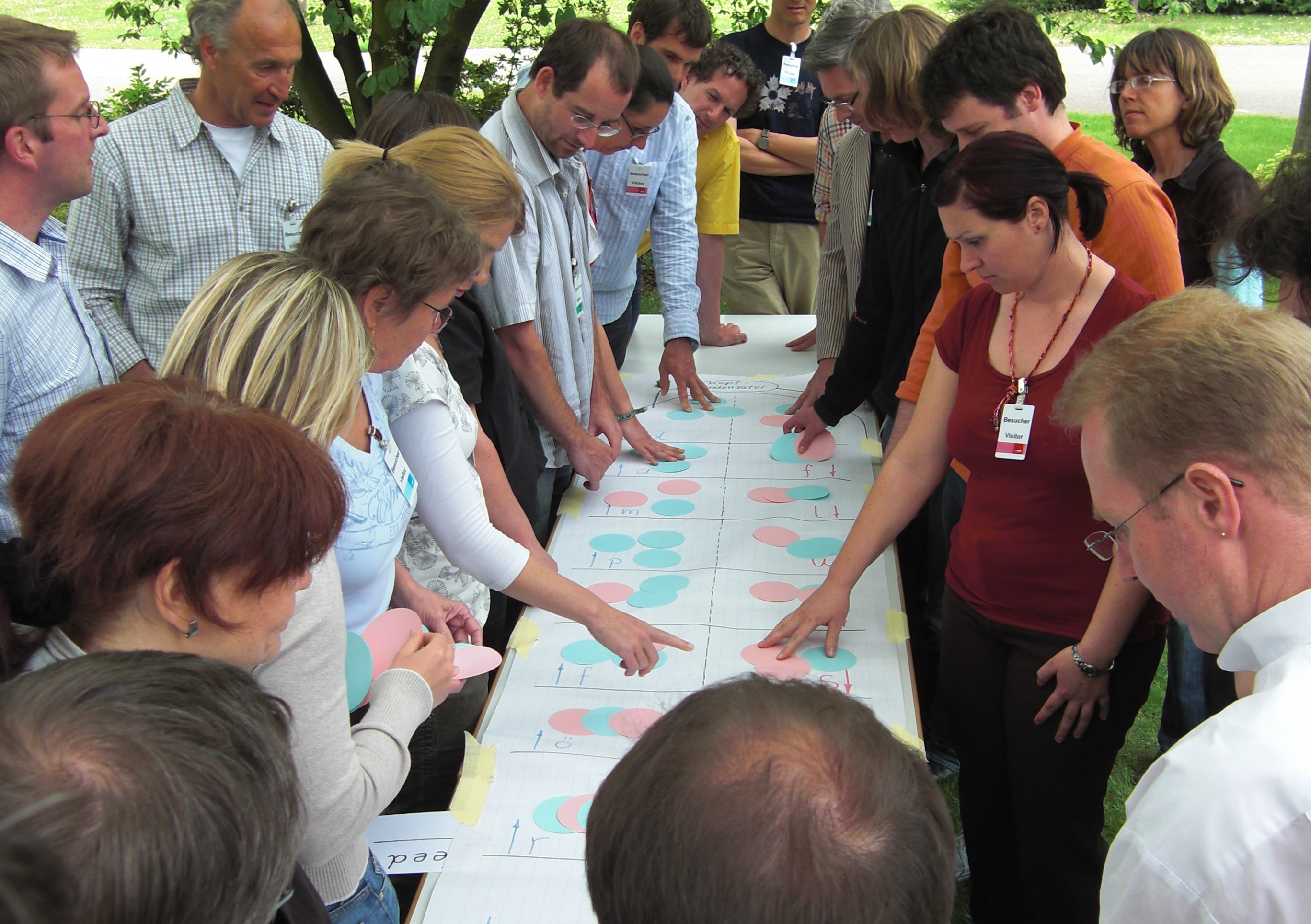
(2007 - 2012)
|
After a period of six years, the teacher training course NwT - Science and Technology for teachers at general secondary schools was completed at the end of 2012. On behalf of the Ministry of Culture, Youth and Sport of Baden-Württemberg, the Centre for Media Learning (then still called the Distance Learning Centre), together with various partners, conducted this internet-based further training course to prepare teachers for the requirements of the newly established profile subject NwT. A total of almost 500 teachers took part in this advanced training. To the detailed follow-up report and further information on the teacher training NwT. |


